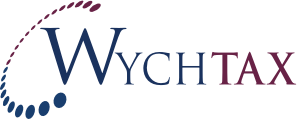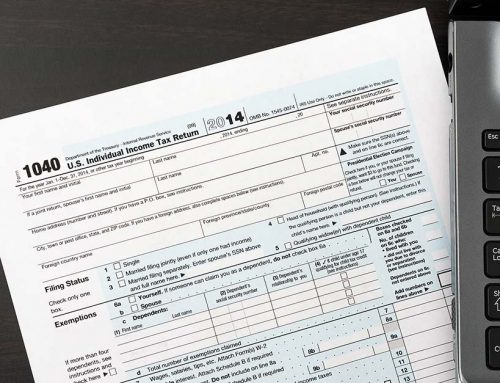As far as retirement plans go, the 401(k) plan is among the most common and most popular. If you work for a company of any size, it’s likely you can participate in one. While it’s fairly easy to get signed up and then put the plan on “autopilot” so to speak, take it from your tax accountant in Fort Collins: you’ll get more out of it if you understand how it works.
Key Considerations for your 401(k)
Keep this information in mind as you manage your 401(k) and start putting away money for your retirement:
- You get a tax break for your contributions. The money you put into your 401(k) reduces your current year tax liability. Along with the fact that you are saving for retirement, this makes it a great win-win.
- There are contribution limits. One of the most important numbers associated with your plan is how much you can put into it each year. For most people, striving to hit that limit is a good idea. The number is subject to change, so be sure your information is current.
- There is no upper age limit for contributions. As long as you are employed by a company that has a 401(k) plan, you can continue to make contributions. With some other plans, you have to stop making contributions in the year you turn 70 ½.
- Companies often match your contribution, up to a point. This benefit from your employer is essentially free money! If your company will match a contribution up to, say, six percent of your salary, it’s a good idea to be sure you’re contributing at least six percent so that you get the full match.
- There is a “catch-up” option for older workers. Workers over the age of 50 can contribute more than those 49 and younger. Talk with your tax accountant in Fort Collins about whether you should take advantage of this option.
- Congress made important changes to 401(k) rules in 2006. Most 401(k) plans now have a Roth component that allows individuals to invest some or all their 401(k) contributions into a Roth 401(k). The maximum amount that you can contribute is almost three times that of a Roth IRA and, unlike Roth IRAs, there are no income limitations.
- Self-employed individuals can really super-fund their retirement plans by adopting a 401(k) for their business. Depending on a variety of circumstances, a self-employed individual could contribute up to three times the normal contribution limits compared to someone that is a W-2 employee.
- There are penalties for early withdrawals. In most cases, you will be penalized if you take money out of your plan before reaching age 59 ½. And the penalty is in addition to standard income tax.
- A growing number of companies auto-enroll employees. Check with your HR department to see if that’s the case where you work. Since most people have no reason not to participate in a 401(k) plan, this isn’t really a bad thing!
- Investment options within a 401(k) may be limited. Your employer probably has a set number of plans offering a select group of investments, so you don’t have the freedom you would if you simply went off on your own and made investments. However, most people are happy knowing that financial experts are keeping an eye on the company’s plans and by extension, their plan.
- There may be significant fees for managing your account. Investment companies may charge fees for overseeing your account. Be sure you know what those fees are, as they can add up over time.
The More You Know…
Learn all you can about your 401(k) account so that you can maximize your savings. If you’ve got questions about retirement, Wych Tax, your tax accountant in Fort Collins, is happy to help! Contact us today and let’s talk about your strategy.






